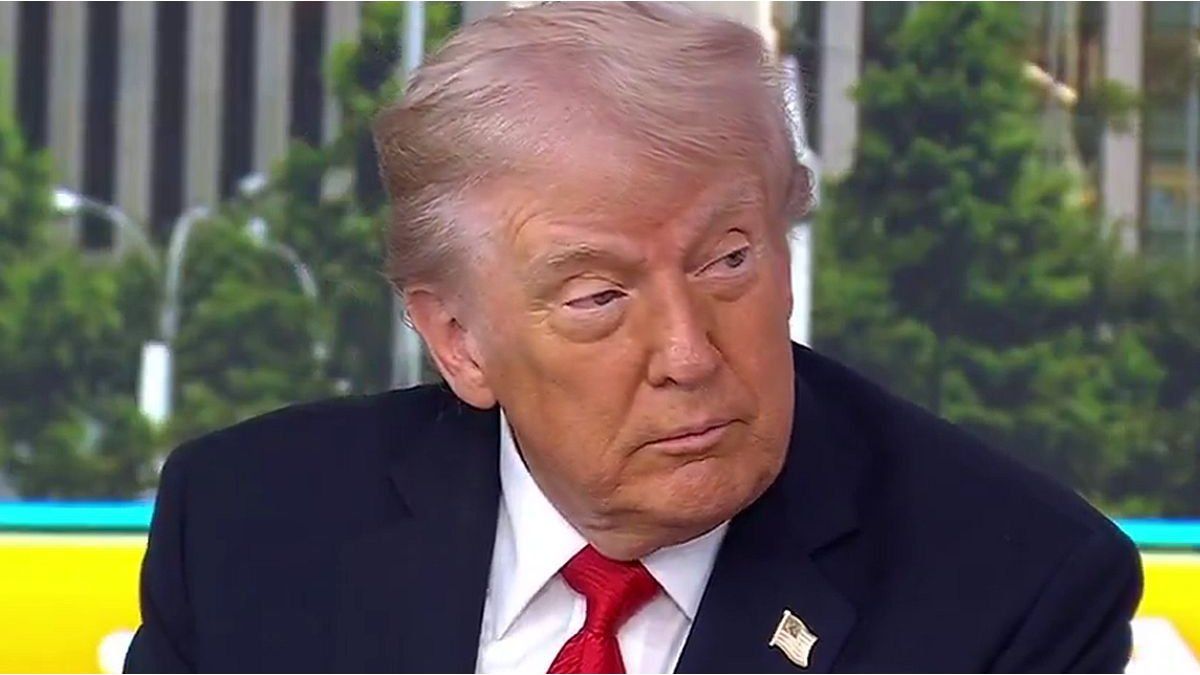star survey
Completely abolish the solidarity surcharge? The majority of Germans are for it
Copy the current link
The solidarity surcharge has been abolished for 90 percent of taxpayers. The Union and FDP are now also promising companies and higher earners an end to the levy. That’s what’s coming.
Taxes have a long life. The German Empire introduced the sparkling wine tax in 1902 to finance the Imperial Navy. The fleet has long since sunk, but the Germans still pay the sparkling wine tax. The solidarity surcharge appears to be similarly stubborn. It was introduced in 1995 to finance German unity. The solidarity pact ended in 2019. At that time, the East German states received the last payments from it. But the special levy on income tax liability continued to be levied. In 2021, the then grand coalition abolished the tax for 90 percent of taxpayers. Companies, investors and higher earners (e.g. single people with a gross income of more than 110,000 euros per year) still have to pay the solidarity.
52 percent for the complete abolition of the solidarity surcharge
The Union and FDP are now promising complete abolition in their election programs. A demand that is received. Like a Forsa survey for the star showed that 52 percent of Germans are in favor of a complete end to solidarity. 44 percent would find that wrong. Four percent express no opinion.
East Germans are slightly more likely to be in favor of an end to the solidarity surcharge than West Germans (54 to 52 percent). Voters from the FDP (74 percent) and the AfD (75 percent) are most in favor of abolishing solidarity. Among Union supporters it is 61 percent. The majority of voters from the SPD (58 percent) and the Greens (63 percent) are against this.
The Federal Constitutional Court will soon decide on the question of whether the solidarity surcharge is still legally permissible. FDP politicians have sued there. A verdict is expected in a few months – probably after the federal election, but possibly in the middle of negotiations on a new coalition. Abolishing the tax would create a hole of 12 billion euros in the already strained federal budget. Because the revenue is exclusively available to the federal level.
The data was compiled by the market and opinion research institute Forsa star and RTL Deutschland by telephone on December 16 and 17, 2024. Database: 1003 respondents. Statistical margin of error: +/- 3 percentage points. The survey is therefore representative.
Source: Stern
I have been working in the news industry for over 6 years, first as a reporter and now as an editor. I have covered politics extensively, and my work has appeared in major newspapers and online news outlets around the world. In addition to my writing, I also contribute regularly to 24 Hours World.




